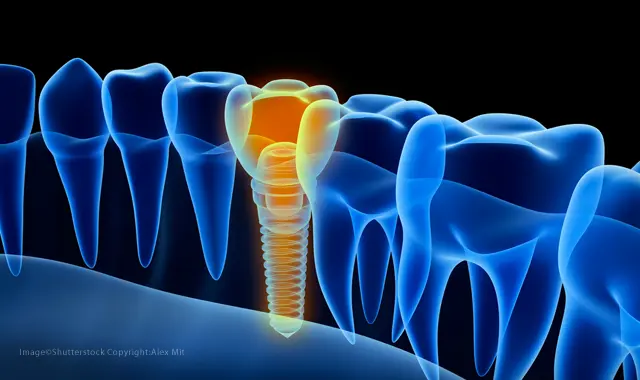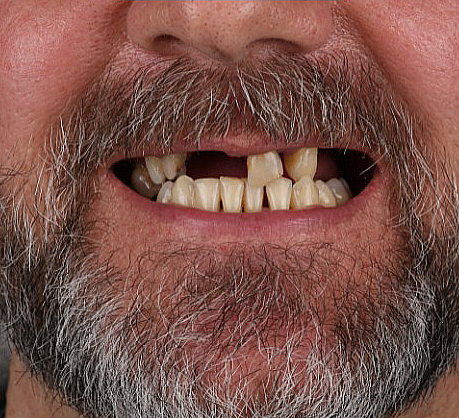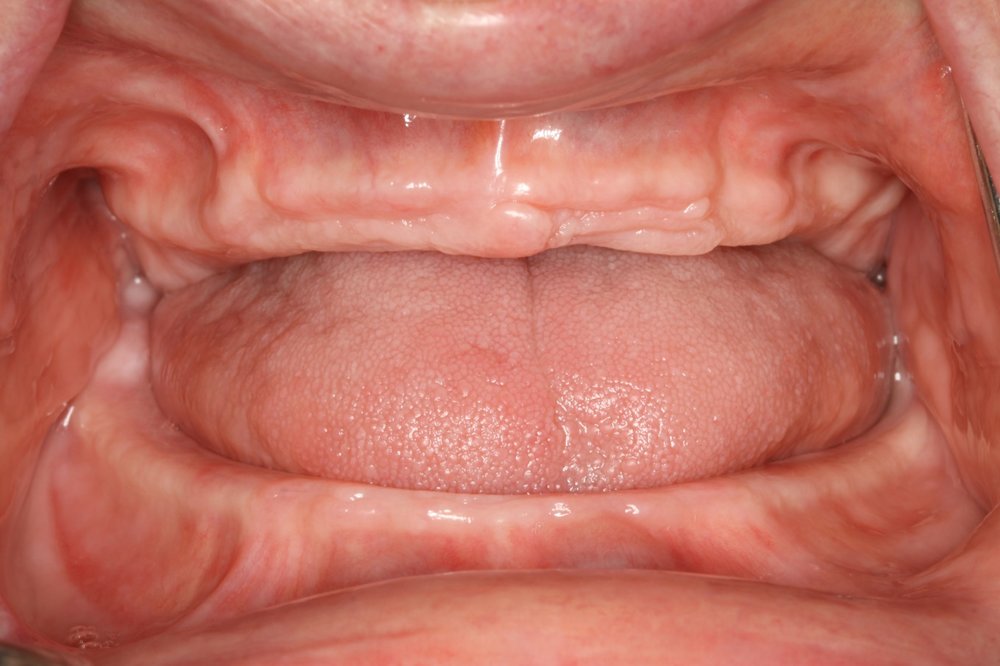In This Article
Introduction:
This is David and I am a dental implant educator at Chicago Implant Studio. One of the things that our patients are curious about at their dental implant consultation session is “Dental implant failure rates”
Dental implants have become a popular and effective solution for replacing missing teeth, offering patients a natural-looking and long-lasting alternative. However, it is important to understand the concept of dental implant failure rates, infected dental implant and the factors that can contribute to this outcome. By being informed about these aspects, patients can make educated decisions and take preventive measures to increase the success of dental implants and avoid infected dental implants .
Defining Dental Implant Failure:
Dental implant failure refers to the situation when an implant does not successfully integrate with the jawbone or experiences complications that lead to its removal. The success of dental implants is typically measured by their survival rates over a specific period. Although dental implants have a high success rate, it is essential to acknowledge that failures can occur due to various factors.
Factors Contributing to Dental Implant Failure:
- a) Infection: Infections can hinder the integration process of the infected dental implant with the surrounding tissues, leading to failure. Maintaining excellent oral hygiene and following the dentist’s post-operative care instructions is crucial to minimize the risk of infections.
- b) Poor Osseointegration: Successful dental implant treatment relies on osseointegration, which is the fusion of the implant with the jawbone. Factors such as smoking, uncontrolled diabetes, and insufficient bone density can impede the osseointegration process, increasing the likelihood of implant failure.
- c) Peri-implantitis: Similar to gum disease, peri-implantitis is an inflammatory condition that affects the tissues surrounding the dental implant. If left untreated, it can result in bone loss, infected dental implant and implant failure. Regular dental visits and diligent oral hygiene practices are vital in preventing peri-implantitis.
- d) Overloading: Applying excessive pressure on the implant shortly after placement can impede the healing process and lead to failure. Dentists carefully plan the timing and loading protocols to ensure proper healing and minimize the risk of overload-related failures.
- e) Surgical Complications: Errors during the surgical placement of dental implants, such as inadequate positioning or damage to surrounding structures, can increase the chances of failure. Selecting an experienced and qualified implant specialist is crucial for minimizing surgical complications.
Success Rates and Prevention:
Studies suggest that dental implant success rates can exceed 95% when patients adhere to proper care guidelines. To enhance the longevity and success of dental implants, patients should:
- a) Follow Oral Hygiene Practices: Regular brushing, flossing, and rinsing with an antibacterial mouthwash help maintain optimal oral hygiene, preventing infected dental implant and peri-implantitis.
- b) Attend Regular Check-ups: Routine dental visits allow the dentist to monitor the health of the implants and address any potential issues promptly.
- c) Lifestyle Considerations: Avoiding tobacco use, maintaining a healthy diet, and managing systemic conditions like diabetes can positively impact the success of dental implants.
- d) Choosing a Skilled Implant Specialist: Selecting a qualified and experienced dental professional with expertise in dental implantology ensures precise placement and reduces the risk of surgical complications.
Conclusion:
Understanding dental implant failure rates and the associated factors with infected dental implant is essential for patients considering this tooth replacement option. By taking proactive measures such as maintaining excellent oral hygiene, attending regular dental check-ups, and making lifestyle adjustments, patients can significantly reduce the risk of dental implant failure. It is always recommended to consult with a qualified dental professional who can assess individual circumstances and provide personalized guidance to maximize the success of dental implant treatment.
Schedule a Free Consultation Today
From single and multiple tooth to full jaw All-on-4 dental implants, Chicago Implant Studio helps patients of all ages enjoy eating, gain their confidence, and smile again. Find out how dental implants can improve your life and overall health. Schedule a free consultation online today or call us at (331) 257-7999.






